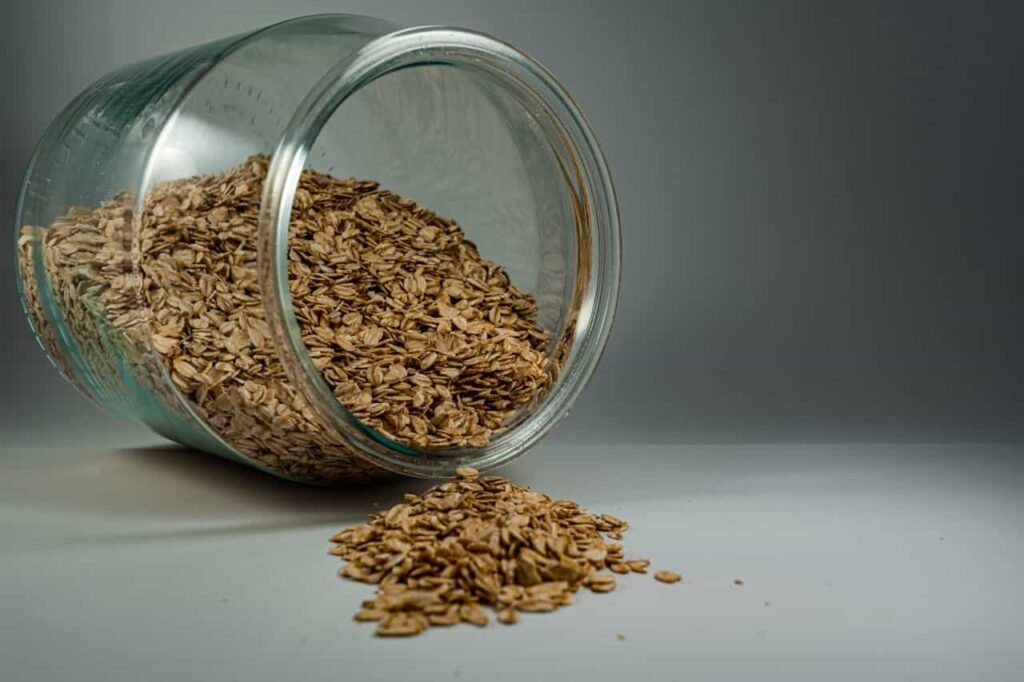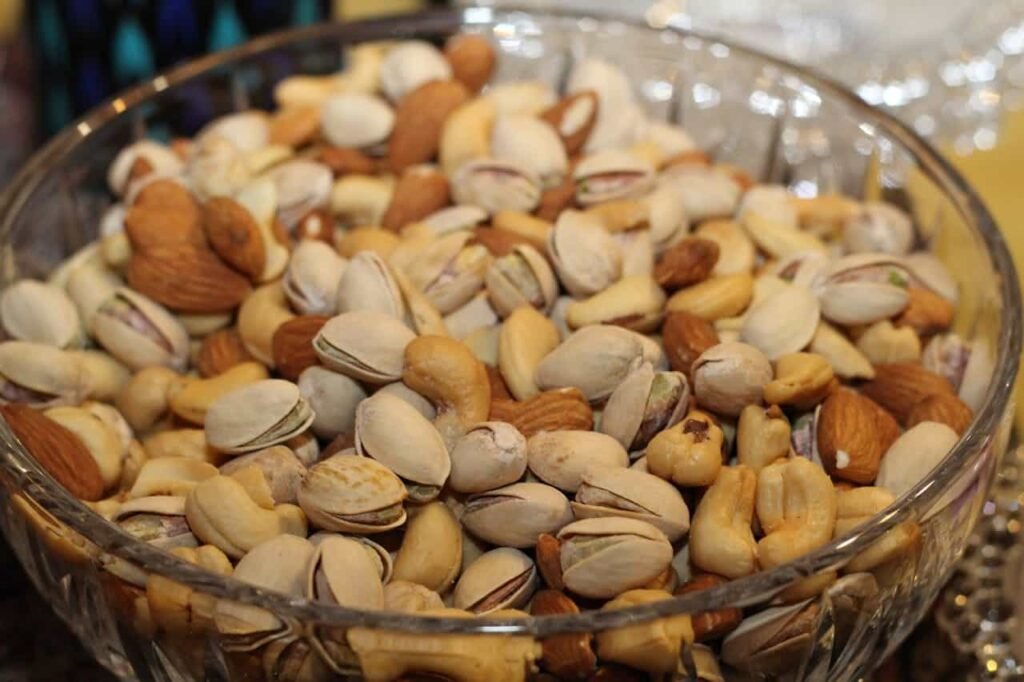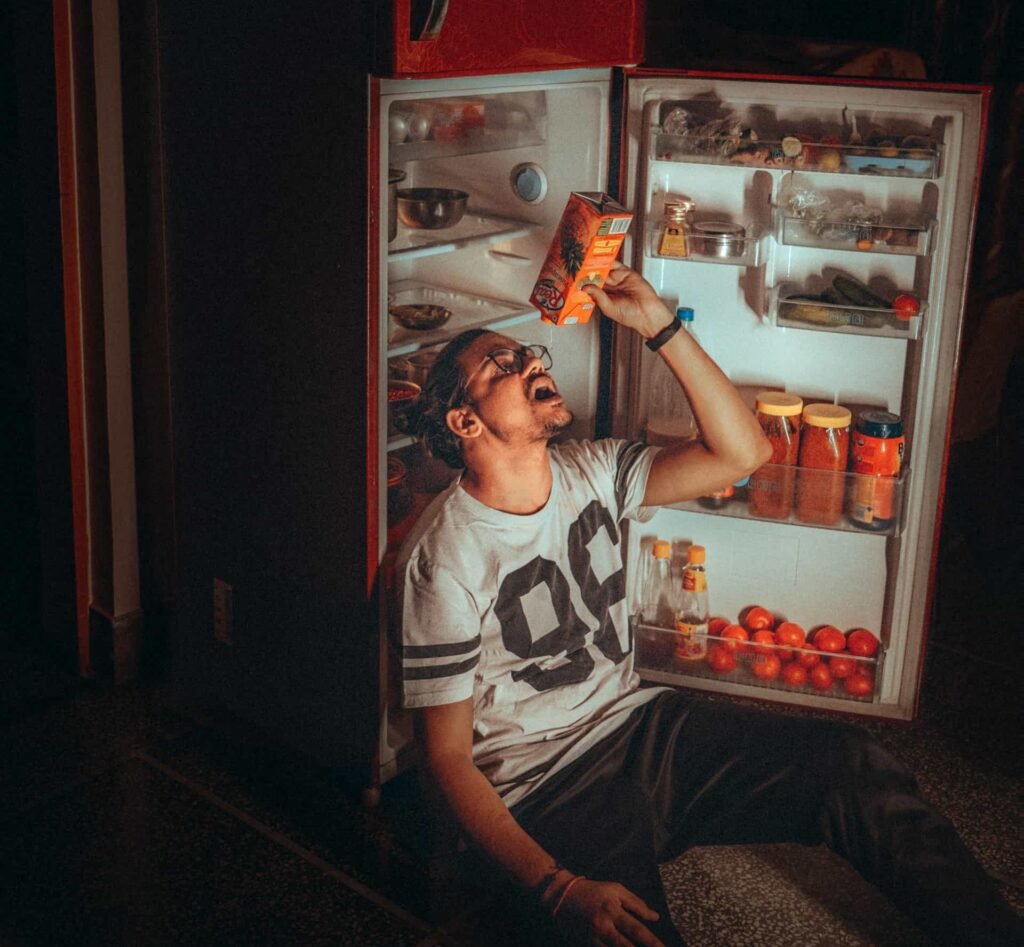When it comes to nutrition, if there is an unsung hero, then it is fiber. There are different nutrients we get from foods, but fiber is the nutrient that helps our gut the most.
In recent times, people have been eating primarily ultra-processed packaged foods. If you turn around the package and see the nutritional label, you will find almost no fiber in those ultra-processed foods.
Fiber is not only good for our guts; it also has various benefits, like keeping blood sugar and cholesterol in check, keeping your heart healthy, and so on. However, a low-fiber diet can create different problems, which will be discussed later in this article.
Before discussing fiber further, let us know what fiber is and how it works.
Contents
What is dietary fiber?
Fiber is a type of carbohydrate that our body cannot digest. Most carbohydrates are broken down in our body as glucose. However, fiber is different as it is not broken down into glucose because it is not digested by our body and passes through our body almost intact.
If fiber does not get digested, then is it not a bad thing?
Though it is true that if nutrients do not get digested by our body, it is not a good sign. Fiber is an exception in this case. It takes a relatively long time for our body to break down the fibers; even after they are broken down, they sit in our system and get flushed out through our stool. How this helps us will be discussed; do not worry.
There are two types of fiber:
- Soluble Fiber: Soluble fibers are those that get dissolved in water, like oats, fruits, etc.
- Insoluble Fiber: Insoluble fibers are those that do not dissolve in water, such as nuts, whole grains, and vegetables.


5 signs of not consuming enough dietary fibers
A healthy diet should always include a good amount of fiber. Research has found that an individual needs to consume 25–30 g of fiber daily. A lack of fiber in a diet can cause many problems. If you are not familiar with nutrition, how can you understand if you are getting adequate fiber from your diet or not?
Some symptoms can indicate that your diet is lacking fiber. The 5 signs of inadequate fiber consumption are:
Having a Constipation Problem
One of the most common symptoms of inadequate fiber consumption is being constipated.
Constipation is having difficulty passing stool; the stool usually becomes very hard when you are in a constipated state.
One of the primary reasons for constipation is the lack of fiber in food. Fibers work like miracles in your bowel movements, especially insoluble fibers, which facilitate regular bowel movements.
Fiber absorbs water, making the stool soft and helping prevent constipation. It also gathers water and bulks up the stool, allowing it to be pushed out of the body.
If you are having a hard time in the bathroom, you should increase your daily fiber intake.

Feeling Tired After Meal Consumption
If you feel sluggish or tired after consuming a meal, it may be due to sudden blood sugar spikes. Ultra-processed foods have a lot of refined sugar in them. When you consume them, your blood sugar level spikes, and after some time, that spike crashes. To adjust to that change, the body needs some time, which is why you feel sluggish.
Foods that contain a good amount of fiber take a long time to digest, as our body takes ample time to break down the fiber. This prevents blood sugar from spiking, as the foods get digested slowly, so excessive sugar does not enter the bloodstream.
Feeling Hungry Very Quickly
Sometimes, even after consuming a good amount of food, you feel hungry in a very short amount of time. That is one of the signs that the food you ate did not have a good amount of fiber. Fiber-rich foods tend to sit in our stomachs for a very long time. As fiber takes a lot of time to break down in our system, that is why we feel full for a long time.
Also, as fiber absorbs water, it makes us feel full. Fiber-rich foods are usually a bit chewy and take a bit longer to eat, which gives our brain a signal that we have eaten a good amount of food, which makes us feel less hungry throughout the day.
Meals with low fiber content get digested fast, so we often feel hungry even after finishing a meal. Eating ultra-processed food, which has huge amounts of sugar and salt, tends to make us feel hungrier because of the high sodium level or the blood sugar spike.
When our blood sugar rises suddenly, our body wants more of that food so that it can maintain that spike; thus, we tend to consume those sugary foods more. So, you should be careful what you put into your body. Add more fiber-rich foods to feel satisfied with less food throughout the day.

Having Cholesterol-Related Problems
Low-fiber diets have a higher risk of increasing LDL (also known as bad cholesterol).
Fiber helps reduce LDL and move cholesterol out of the body so that the arteries do not become clogged.
By making lifestyle changes, such as adding cardio or physical workouts to your daily routine and eating fiber-rich foods, you can significantly reduce your chances of developing chronic heart disease.
“We are what we eat.” If you eat more fiber, your gut will be happy, along with your heart, as you will stress less.
Having Hemorrhoids
Hemorrhoids are when the blood vessels around our anus and rectum become swollen. This problem mainly occurs when pushing down the bowel movement is not smooth. If your stool is hard, then the bowel movements do not happen smoothly, which causes swelling or irritation in the anus area.
As we know, fibers help us make the stool softer, thus facilitating bowel movements, which can prevent hemorrhoids.

